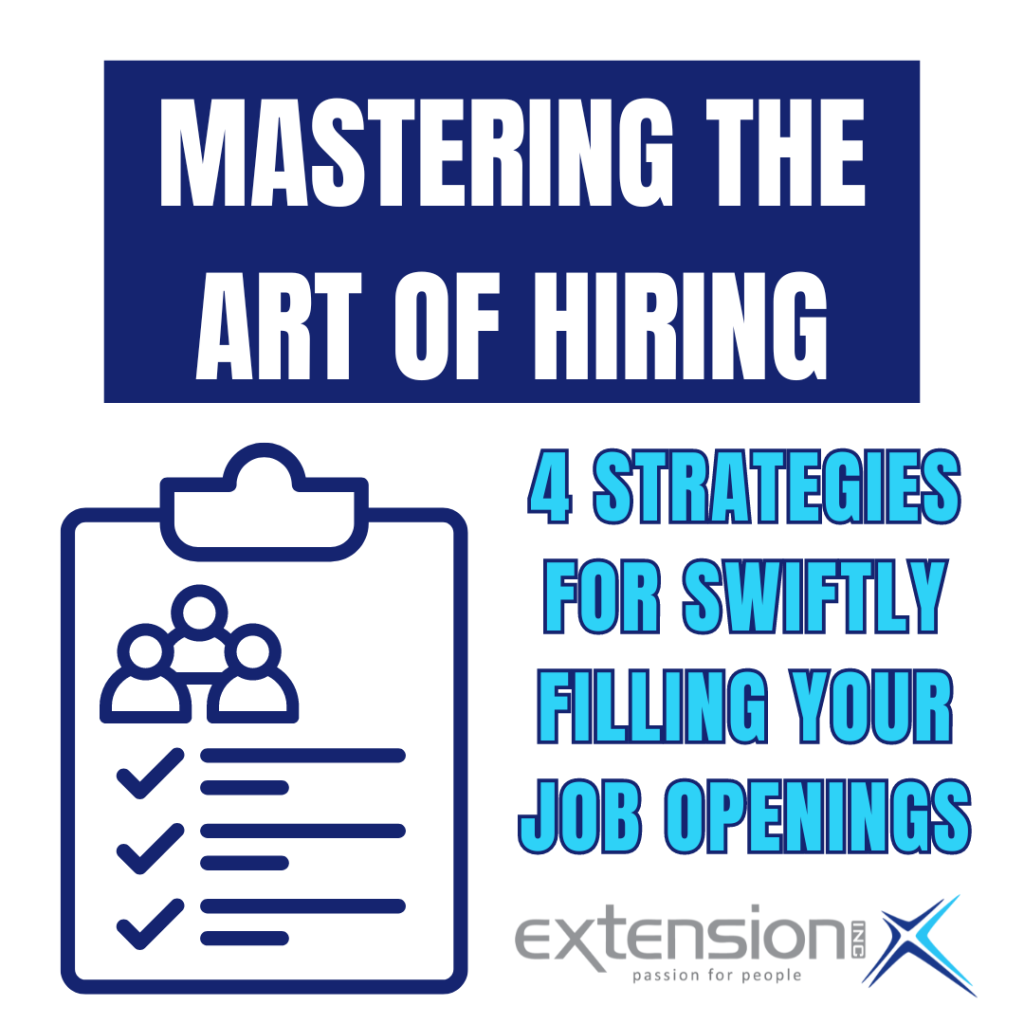Refine results
What are Employers Looking for in a Second Interview?

If a prospective employer calls you in for a second interview, that’s great news. You don’t have the job just yet, but you’ve just moved several inches closer, and your pool of competition is likely significantly smaller than it was when you started. Why? Because in-person second interviews are time consuming and expensive, and companies don’t usually extend these invitations to candidates if they aren’t highly interested in them.
So, first things first: a second interview invitation means you’re doing well so far, and it’s time to make the most of the ground you’ve gained. You’ll also want to confirm the great first impression you’ve already made. Here are a few moves that can help.
Bring lots of energy and be ready to maintain it for a long time.
Your first interview may have been a quick 30-minute conversation, or even a simple phone screening. But chances are, your second interview will be more of an in-depth engagement. In some cases, a second interview can last an entire day, and you may be handed off from one interviewer to another during multiple sessions. You may be asked to pass a test, solve a problem with a group of strangers, or answer questions from multiple interviewers at the same time in a panel format. You may be given a tour of the facility or taken to lunch. No matter what happens, you’ll be “on” from the beginning to the end, so eat a good breakfast and prepare to show non-stop enthusiasm. (The company will tell you beforehand how long the process will take.)
Bring questions, lots of them.
Almost everyone you interview during your second session will ask you at some point if you have questions for them. Some of your interviewers will probably ask multiple times. In fact, interviewers often use this question as a conversational break or a way to politely transition from one topic to the next, so you may hear it five or ten times in a single hour. Be ready! You don’t have to have a long list of questions prepared, but listen carefully as your interviewer (or interviewers) speak, and use these opportunities to clarify, confirm, or add depth to what you hear.
Remember that you’re always being evaluated.
Everything you say, do, wear, and ask will be evaluated and added to an overall assessment of your fitness for the job. Make sure you manage your expression and demeanor during the entire session, which may mean carefully watching your table manners at lunch or offering a friendly greeting to everyone you meet, including security guards and receptionists.
For more on how to navigate the challenges of your second interview (and maybe your third or fourth), contact the expert job search team at Extension.


